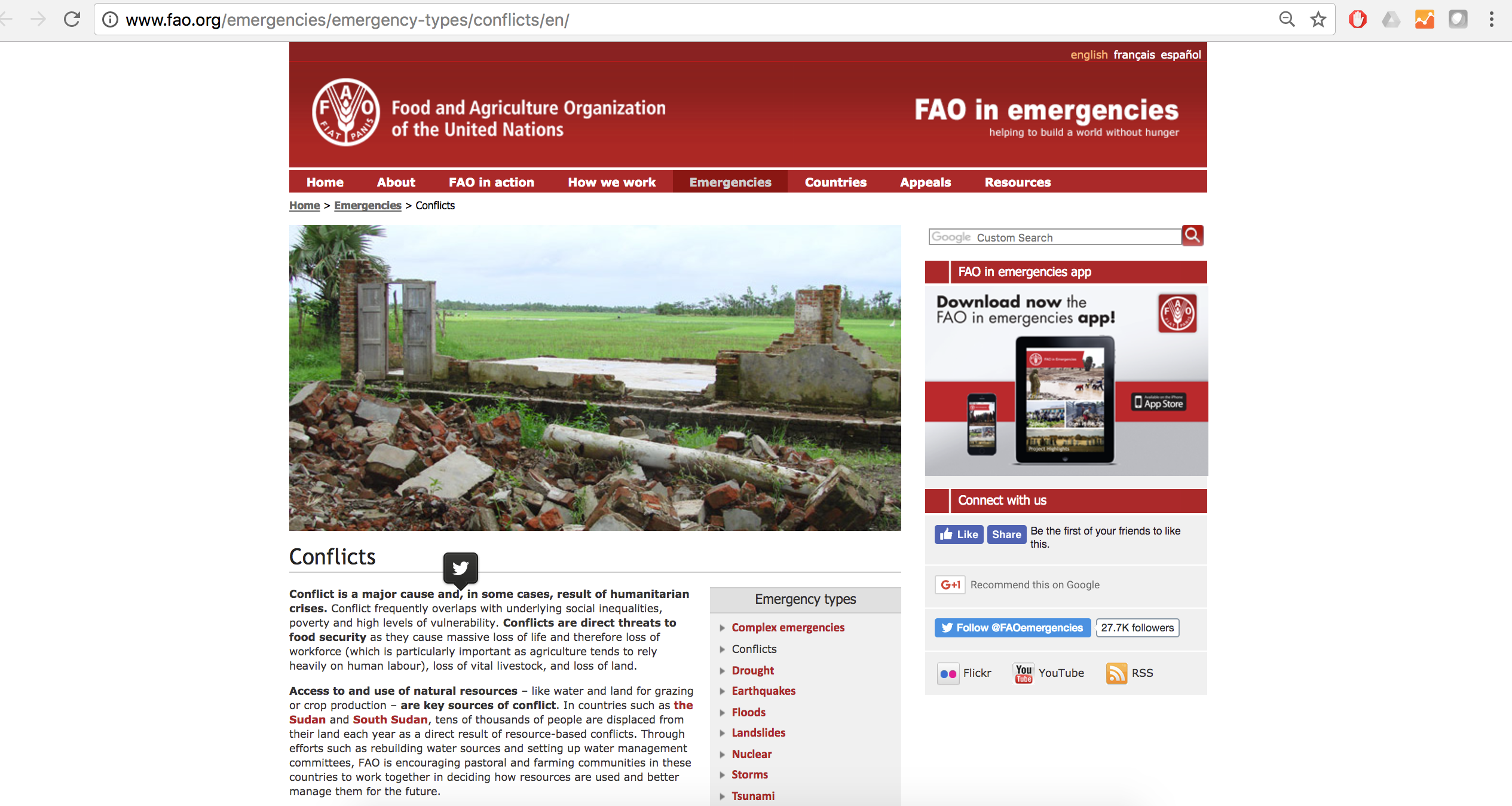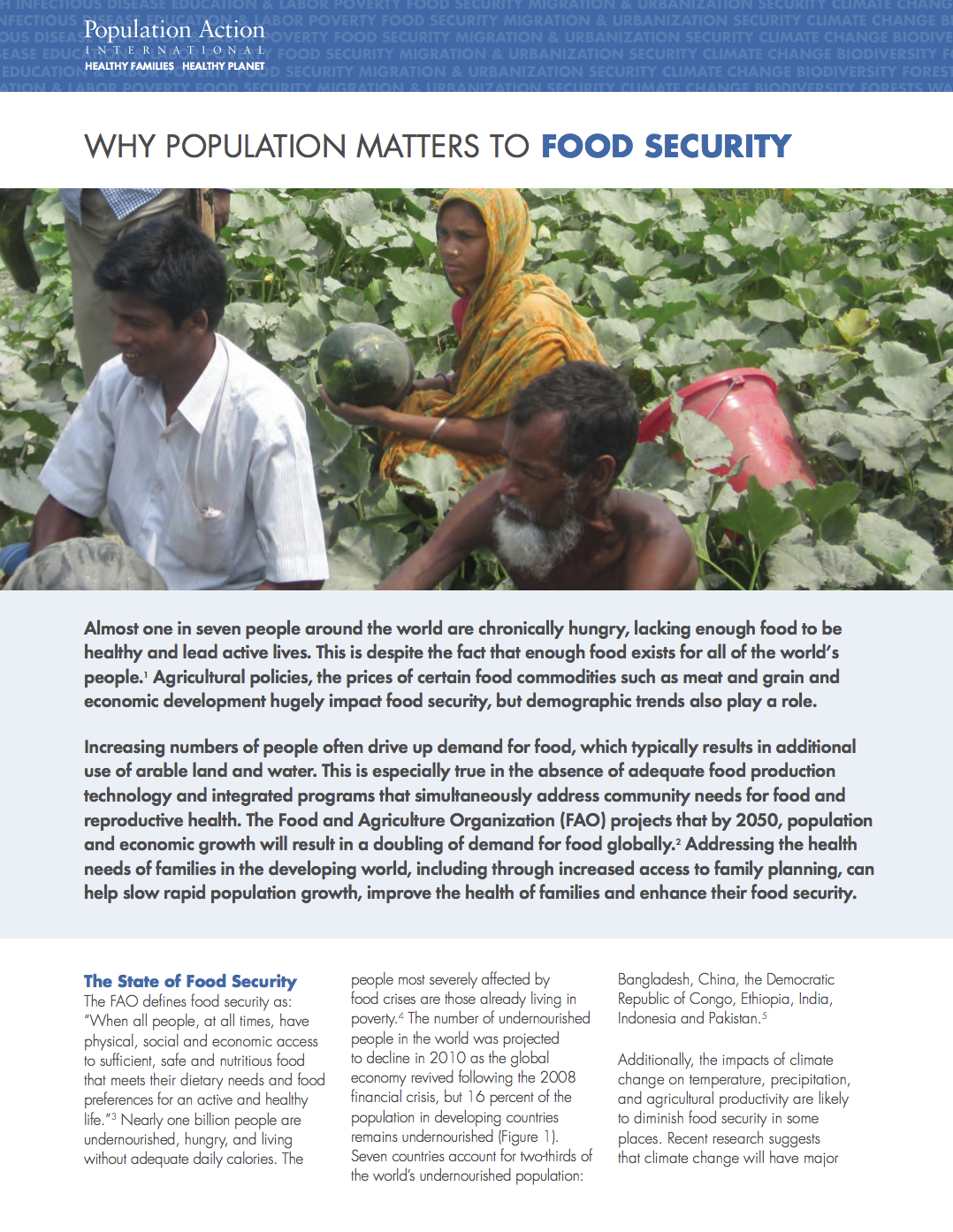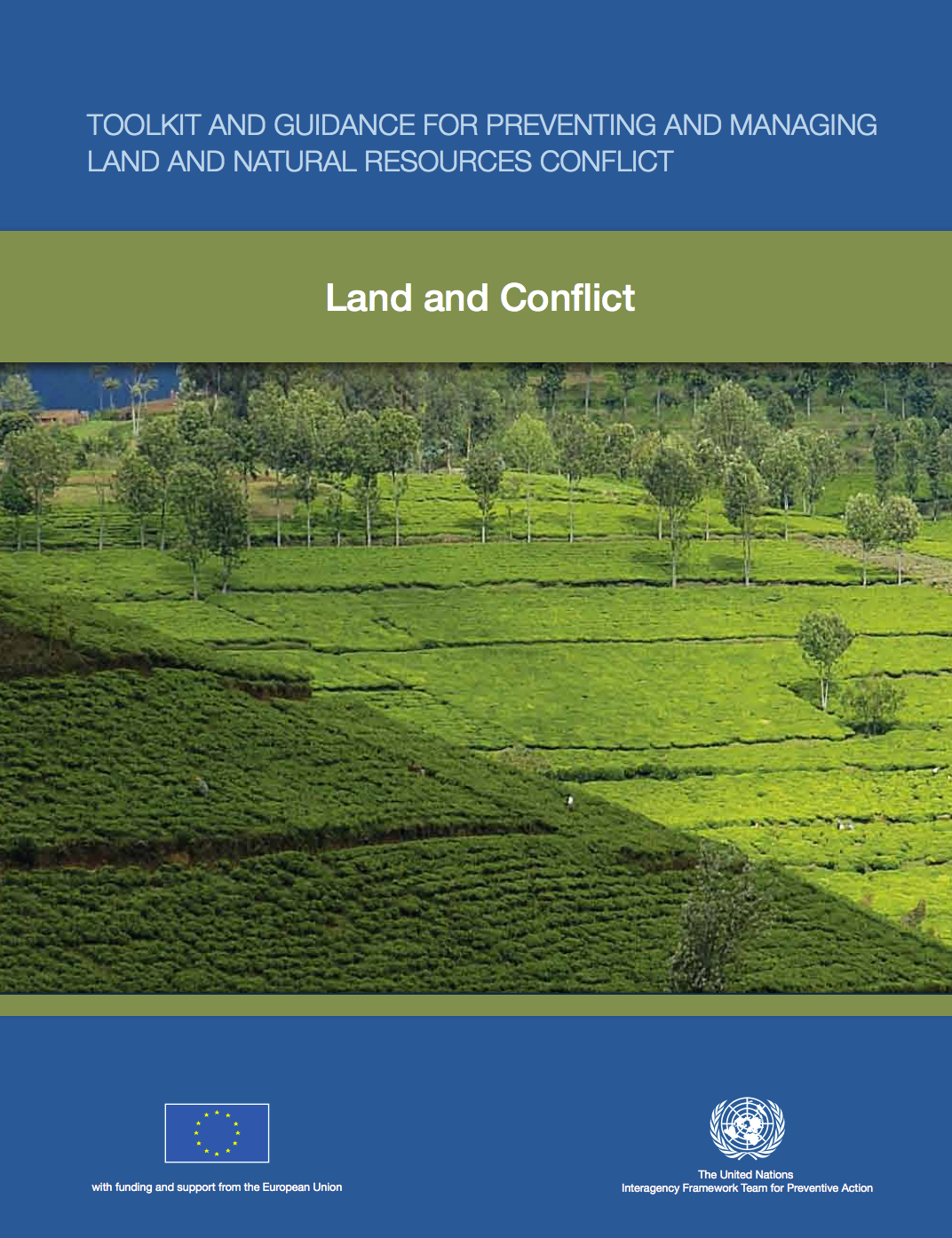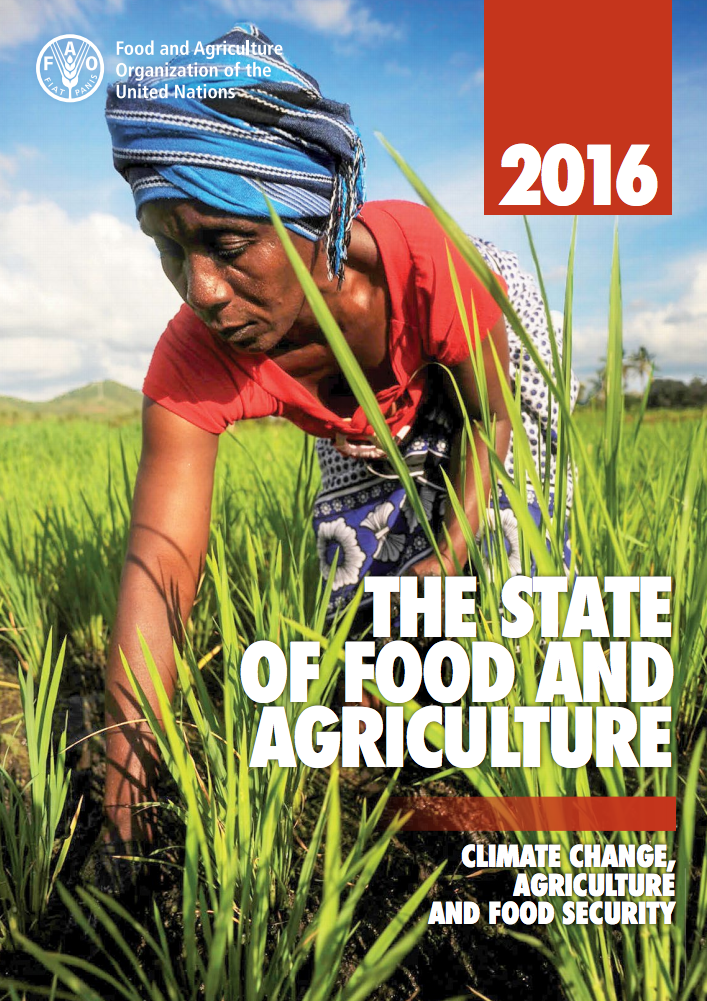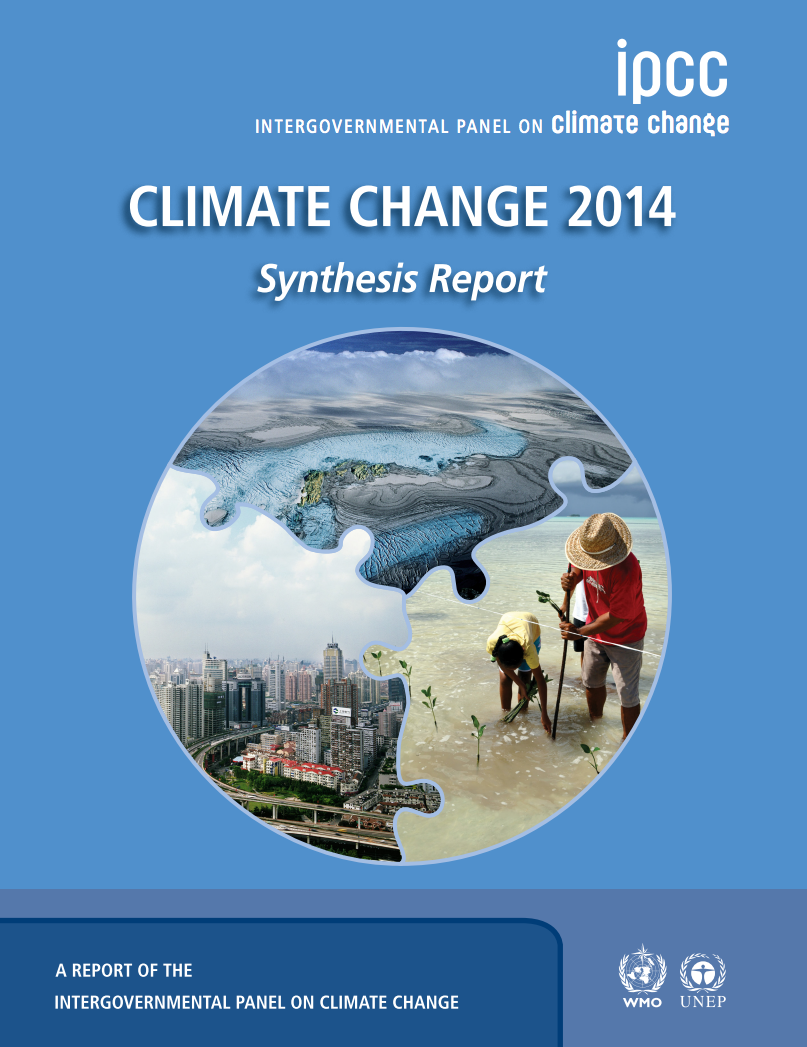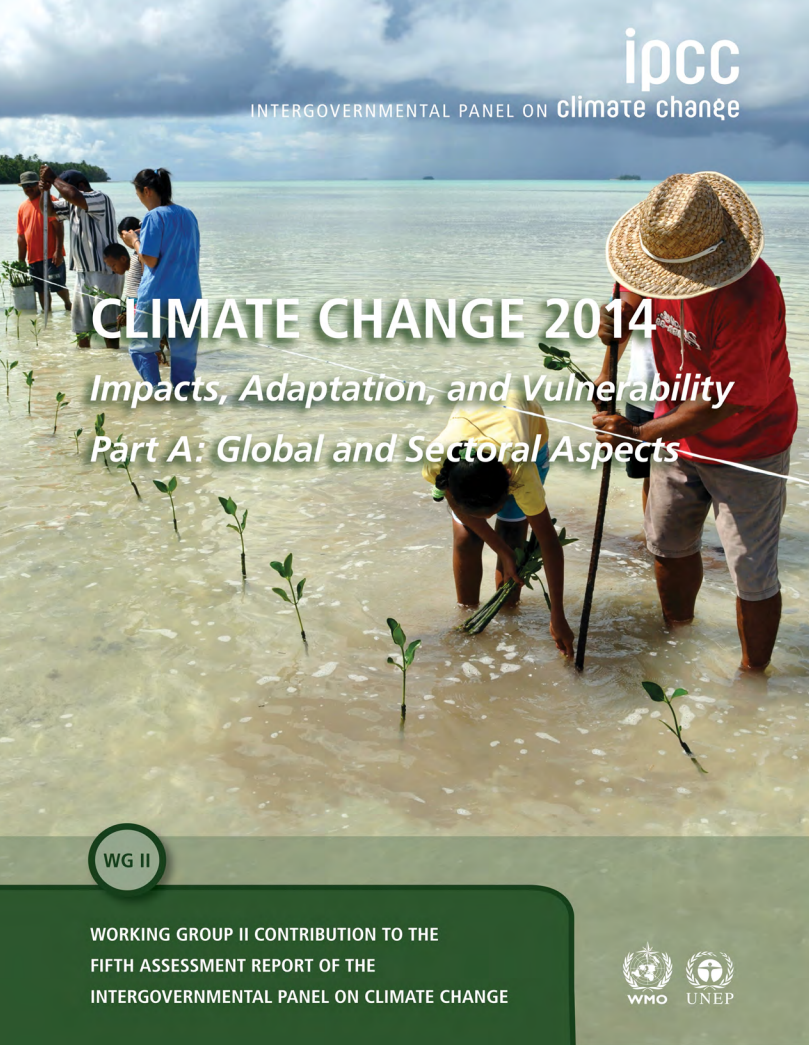Políticas Públicas e Desigualdades Sociais e Territoriais em Moçambique
As desigualdades de desenvolvimento e suas dinâmicas possuem razões políticas, económicas e sociais de longa duração. Estes factores influenciam os percursos históricos sobre as quais as políticas económicas e os poderes políticos procuram influenciar conjunturalmente sem que, na maioria dos casos, sejam efectivas mudanças fundamentais nas sociedades.
As desigualdades sociais e territoriais têm implicações sobre a estrutura e as dinâmicas do crescimento/desenvolvimento económico, sobre a estabilidade política e social e sobre a sustentabilidade ambiental, entre outros aspectos.



